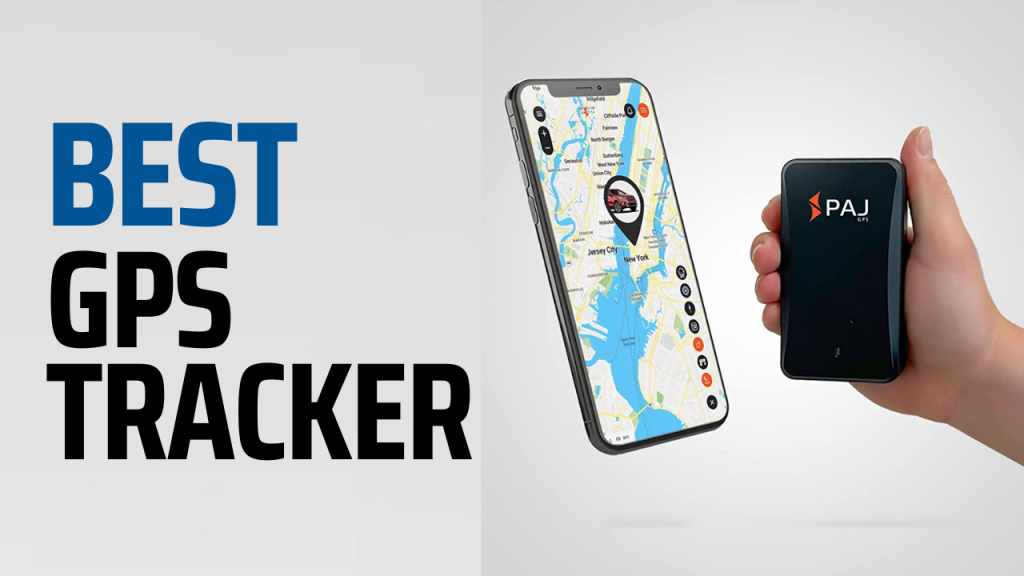GPS devices are becoming increasingly important for professional users. Whether you are a driver, a surveyor, or a fleet manager, having a reliable and accurate GPS device can be invaluable. Professional GPS devices are designed to meet the needs of these users, with features that allow them to work accurately and efficiently.
A professional GPS device is designed to be rugged and reliable. This means that it can withstand harsh conditions, such as extreme temperatures or rough terrain. Professional GPS devices are also designed to be waterproof, so they can be used in wet conditions. Many also have an IP rating, which indicates the level of dust and water resistance.
When it comes to accuracy, professional GPS devices can track a person or an object with precision. This is because they use advanced technology such as the Global Positioning System (GPS) and the Global Navigation Satellite System (GLONASS). GPS devices can also be used to track the location of a person or object over a long period. This is made possible by their ability to receive signals from multiple satellites, ensuring that the user can always get an accurate reading.

Many professional GPS devices also have features that are designed to help the user work more efficiently. This includes features such as waypoint navigation, route planning, and real-time traffic updates. Waypoint navigation allows the user to plot a course between two points, which can be used to calculate the most efficient route. Route planning allows the user to save and recall routes, making it easier to return to a particular area. Real-time traffic updates allow the user to be aware of any traffic delays they may encounter on their journey.
Finally, professional GPS devices are designed to be intuitive and user-friendly. This means that they have a simple and easy-to-use interface, allowing the user to quickly and easily access the features they need. Many also have additional features such as voice recognition, allowing the user to control the device hands-free.
Overall, professional GPS devices are designed to meet the needs of professional users. They are rugged, reliable, and accurate, and offer features that make them easy to use. Whether you are a driver, a surveyor, or a fleet manager, having a professional GPS device can make your job easier and more efficient.
Global Positioning System (GPS) is a satellite-based navigation system consisting of a network of 24 orbiting satellites, eleven thousand nautical miles in space, in six different orbital paths. The system was originally developed by the United States Department of Defense for military navigation but has become the global standard for positioning and navigation.
GPS devices work by receiving signals from these satellites. Each satellite transmits a unique signal, which is then picked up by a GPS receiver, such as a car navigation system, a smartphone, or a hand-held GPS unit. A GPS receiver can use the signal to determine its location, speed, and direction of travel.
When a GPS receiver is turned on, it will search for the signals of at least four satellites. Once the receiver has found the signals, it will use the information from the satellites to calculate its exact position. This is done by measuring the distance from each satellite to the receiver and then using a mathematical process called trilateration to calculate the exact position of the receiver.
GPS satellites transmit two types of signals: a precision signal and a navigation signal. The precision signal is used by military personnel and by surveyors for geodetic surveys. This signal is very accurate and can provide a position within a few centimeters. The navigation signal is used by the general public and provides a position within several meters.
In addition to providing position information, the GPS satellites also transmit time. This is used to synchronize the GPS receiver clocks with the satellite clocks, which ensures that the GPS receiver’s readings are accurate.
GPS technology is used in a variety of applications, such as vehicle navigation, tracking, surveying, and mapping. It is also used in personal navigation, such as smartphones and hand-held GPS units. Personal navigation devices are becoming increasingly popular, and are used to help people find their way around unfamiliar areas.
GPS technology is also used in applications such as tracking, where it can be used to track the location of vehicles and people. This can be used for safety and security, as well as for monitoring the movements of employees. GPS is also used for geocaching, which is a hobby where people use GPS devices to find hidden caches of items.
GPS technology has revolutionized the way we navigate and travel. It allows us to find our way in unfamiliar areas quickly and accurately, and to monitor the movement of people and vehicles. GPS technology is becoming increasingly popular and is being used in a variety of applications.
